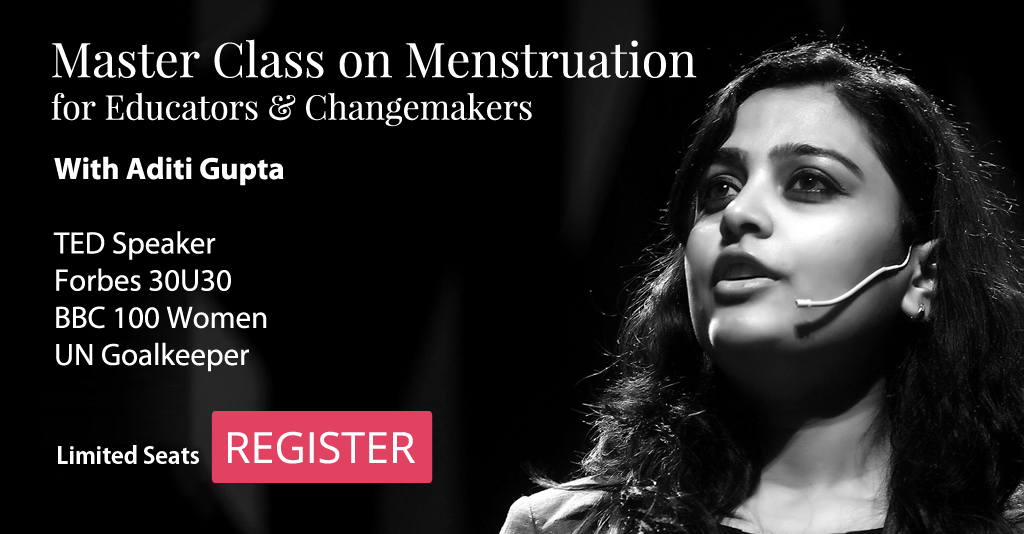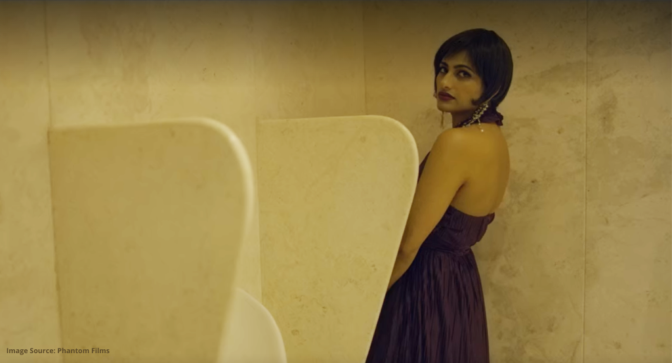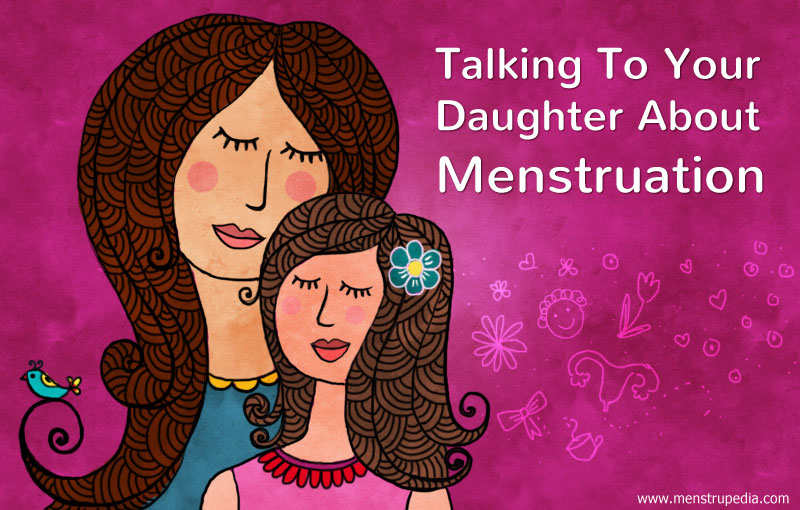Disclaimer: Views expressed here are of the author alone and do not necessarily represent that of the Organization
This is an introspective penning that followed a conversation I had with my junior from college and I wish to provide his perspective about menstruation as a transman.
Despite reading a lot about periods and menstrual health discomforts, I never really understood how trans people felt about periods. As a cisgender (a person whose personal identity and gender corresponds with the sex assigned to them at birth; for example, a female who identifies as a girl/woman and uses the feminine gender pronoun: she/her) person, I try to educate myself so that I do not cause discomfort to others around me. However, the topic of periods is still so tightly wrapped in the black polythene of taboo and silence that reaching the aisle of period experiences of trans people took a very long time for me.
This was on a humid day of July, when I was casually going through my Instagram feed, feeling a bit grumpy as it was the second day of my period. Suddenly I thought, as a cisgender woman, my periods are like a personal reminder that everything is smoothly running inside of my body, but what if I start dreading this reminder, because it reminds me of the fact that I was or am a female, something I don’t feel like or identify with? I tried searching for some experiences and interviews on the internet, but apart from a few websites and platforms exclusively dedicated to the LGBTQIA+ community, there wasn’t much on the pages of menstruation. One of the biodegradable sanitary pads making brands did talk about trying to make periods genderless instead of making it a mandatory reminder of being a woman, but the major stakeholders of menstrual health are still relatively silent on the matter. This is when I remembered Abhi (name changed for privacy concerns).

Abhi is a transman who prefers the pronouns he/him and he loves cats. This 18-year-old is one of my juniors from college who I am really fond of. He sings and gets some really colourful and creative dreams and I am really thankful that he shared his experiences with me.
“Do people actually ask if you are a male or female when you go to the washrooms?” I asked.
“Every time,” he said.
“I try to avoid public washrooms in general because of this. It is just something most trans people do until they ‘pass’ as their gender and can go to the right washroom,” he continued.
I imagined the world for people not conforming to the fixed binaries of male and female as a waiting area outside the labelled washroom doors for ‘His’ and for ‘Hers.’ Even when you decide upon opening a particular door and embracing that label, the people on the inside scan you from head to toe and if not pushing you out of that space, at their best make you feel uncomfortable. Living through this constant roller coaster of pressure, scrutiny, and trying to accept oneself, how must it feel to bleed?
“Honestly it’s the worst time for my dysphoria. More than the physical pain, I dread just the thought of it! It is something that keeps reminding me of my ‘female’ body,” Abhi told me.
Gender Dysphoria is a feeling of stress and discomfort that arises out of the conflict between a person’s physical or assigned gender and the gender with which they identify.
Abhi also deliberated on something that I had never thought about. “Another thing that worries me about periods is the time after I start taking testosterone shots. My body will start becoming more masculine but I’ll still get my periods for a while. When that happens, going to public washrooms will be a huge problem…if I need to change a pad or something like that?”
“It is already bad enough because I have to go to the women’s washrooms and I always get asked if I am a boy or a girl. But it scares me to think that after a point, I’ll have to go to the men’s washroom, where they usually don’t have bins or even proper washrooms, like separate cubicles.”
This sounded very scary to me too, as public washrooms in India are unhygienic in many places and do not have bins for disposing of sanitary pads. On top of that, there is hardly a sense of privacy due to broken doorknobs or bolts. Men’s washrooms in particular have urinals lined side to side, without separate cubicles, which makes it really difficult for a transman in particular, who might not be accustomed to this lack of privacy.
“Periods are generally uncomfortable for all menstruating people. Trans people just might also have dysphoria! But while talking about periods, menstrual awareness programs and camps completely disregard us and it just becomes a ciswoman thing. I wish that people would try to talk to trans people about periods too.”
Talking to Abhi was actually an eye-opener in many ways. I realised how periods are so gendered. For mainstream media and society, menstruating is a parameter in the checklist of being a woman, and that just makes it so difficult for women who do not menstruate too. They feel less of a woman for not getting periods and transmen feel like less of a man for getting them.
I think there is a lot of unlearning that has to be done as periods should not be associated as a part and parcel of womanhood. We can start by calling menstruators “people who menstruate” or “people who have periods” instead of assuming it to be a woman. Menstruation is a biological phenomenon that can happen to anyone with a uterus, regardless of the gender they identify with.
Period products’ advertisements need to be more inclusive and stop showing superwomen who trek the whole mountain in a pair of white pants while on their period. Talk about gender dysphoria, educate yourself about the experiences of trans people, and try to understand them even if you’re not able to tangibly help them out.
This is a many-layered issue and we can only help each other out with a mindset shift. Having unisex and gender-neutral bathrooms and spaces with more privacy are some foundational steps that building owners could take. Our constant role is to understand that gender identity doesn’t just exist in the binary of male and female: it is fluid and lies on a spectrum. Accept your biases about periods and people, and try to change them. Encourage representation of trans people in forums where you talk about menstruation. As a sexuality educator or as a period educator, try to empower people with periods.
It still baffles me how a few millilitres of blood are so politicised, tabooed, and shamed and why people have to prove their purity, womanhood, and the right to enjoy a few things such as pickle and curd at its altar! Let periods remain periods and always remember that not everyone who menstruates is a woman and not everyone who is a woman menstruates…
Disclaimer: Views expressed here are of the author alone and do not necessarily represent that of the Organization
Author: Utkrishti Katheriya

Utkrishti is a student pursuing her Masters in Clinical Psychology and prefers the pronouns she/her. When not in the washroom searching for ideas, you can find her trying to save paper, water, and a few memes. She is also the lyricist of the song “Gehraiyon” by Vishwi which is available on Spotify. You can reach out to her on Instagram at: @bluff_stuff30.
Edited by: Divya Rosaline







